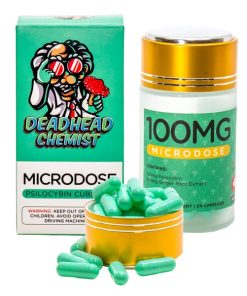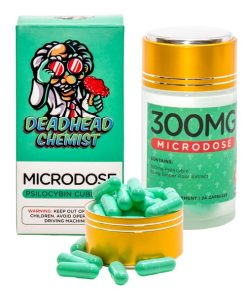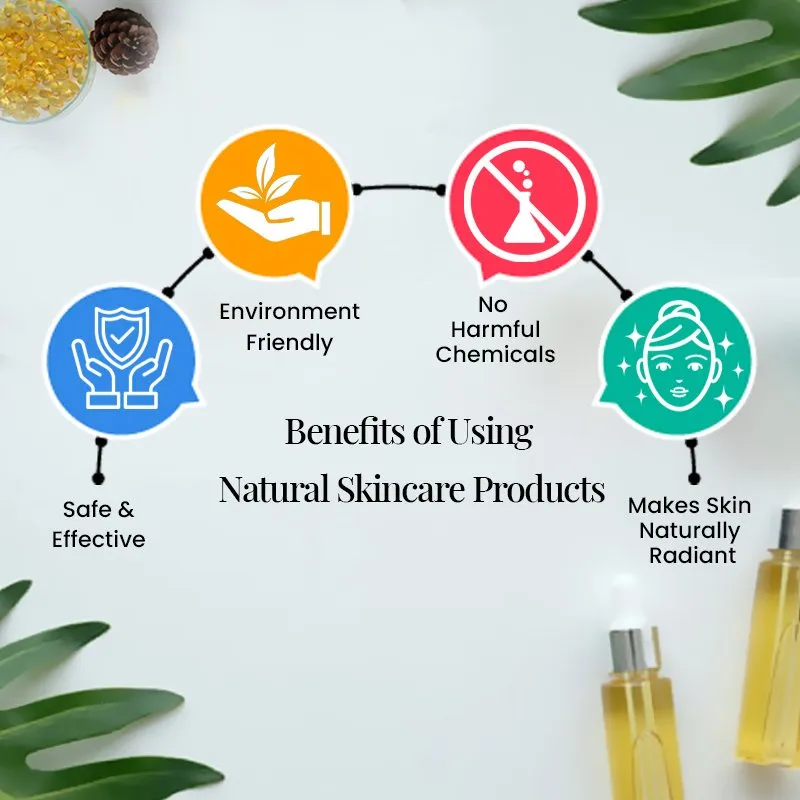-
×
 100mg Shroom Microdose Deadhead Chemist (24)
1 × $65.00
100mg Shroom Microdose Deadhead Chemist (24)
1 × $65.00 -
×
 300mg Shroom Microdose Deadhead Chemist (24)
1 × $75.00
300mg Shroom Microdose Deadhead Chemist (24)
1 × $75.00 -
 Mystery Pack (Staff Pick)
Mystery Pack (Staff Pick)
- Type:
Free Product
1 × Free
CBD, Magic Mushrooms, Psilocybin
Questions to Ask Before Trying Any Natural Product
Natural products—whether they come in the form of herbal supplements, essential oils, tinctures, teas, or powders—are increasingly popular for promoting wellness, preventing illness, and enhancing quality of life. From ginseng to turmeric, CBD to ashwagandha, these products are marketed as safe, effective, and “natural” alternatives to pharmaceuticals.
But “natural” doesn’t always mean “harmless” or “right for everyone.” Just like conventional medicines, natural products can interact with your body, medications, and health conditions. That’s why it’s important to approach them with care, curiosity, and informed judgment.
Before trying any new natural product, consider asking yourself (or a trusted health professional) the following questions:
1. What is the product supposed to do?
Start by identifying the intended purpose. Is it for stress relief? Better sleep? Digestive support? Joint pain?
Understanding what the product claims to help with allows you to:
- Set realistic expectations
- Evaluate whether it fits your current health goals
- Compare it with other, more proven alternatives
If the product is marketed as a cure-all or miracle fix for multiple unrelated conditions, that’s a red flag.
2. Is there scientific evidence to support these claims?
Just because something has been used traditionally for centuries doesn’t mean it’s effective in modern applications. Look for:
- Peer-reviewed studies
- Meta-analyses or systematic reviews
- Information from trusted sources like NIH, PubMed, or Examine.com
Some natural products like omega-3 fatty acids or melatonin are well-supported by research. Others may lack robust studies or have mixed results. If a product is backed only by testimonials or vague claims, proceed with caution.
3. Is it safe for me personally?
Safety can vary from person to person. What’s safe for someone else may not be safe for you. Consider:
- Allergies (e.g., to plants, herbs, or inactive ingredients)
- Existing health conditions (e.g., thyroid issues, high blood pressure)
- Current medications that may interact
- Pregnancy or breastfeeding status
Always consult a healthcare provider if you have any underlying conditions or are on prescription medications.
4. What is the right dosage and form?
Different products come in different forms: capsules, teas, tinctures, powders, or topical applications. Make sure you know:
- The recommended therapeutic dose
- How often you should take it
- Whether to take it with food or on an empty stomach
- If a specific form (e.g., liquid vs. capsule) is more effective
Also, look into bioavailability—how well your body absorbs the product. For example, curcumin from turmeric is better absorbed when taken with black pepper extract.
5. How long should I take it before I see results?
Natural products often work gradually, not instantly. Some may take weeks before you feel any effects. Ask yourself:
- What is the expected timeline?
- How will I track whether it’s working?
- Are there signs to look out for if it’s not working—or causing problems?
Set a check-in period to evaluate the product’s impact on your health.
6. Are there any known side effects or risks?
Even natural substances can have side effects. St. John’s Wort, for instance, can cause photosensitivity and interfere with antidepressants. Licorice root, if taken excessively, can raise blood pressure.
Research the common and rare side effects. Ask:
- What should I look out for?
- Are the risks worth the potential benefits?
- Is there a safer alternative?
7. Is the product from a reputable source?
Quality varies widely in the natural supplement market. Choose brands that:
- Provide transparent labeling
- Use third-party testing for purity and potency
- Follow Good Manufacturing Practices (GMP)
- Avoid proprietary blends that hide ingredient amounts
Also, check for certifications like USP, NSF, or Informed-Choice, which indicate higher safety and quality standards.
8. What are other people saying—and are they credible?
Reviews and testimonials can offer insights, but they shouldn’t be your only source of information. Look for:
- Reviews from verified buyers
- Professional feedback from nutritionists or doctors
- Clinical results, not just personal stories
Beware of fake reviews or influencer promotions that lack transparency about sponsorships.
9. What’s the cost—and is it worth it?
Natural products can range from affordable to extremely expensive. Consider:
- Is the price fair for the ingredients and quality?
- Is this a short-term or long-term expense?
- Are there more affordable alternatives with similar benefits?
Avoid falling into the trap of thinking that a higher price always means a better product.
10. Do I really need this?
Finally, reflect on whether you actually need the product. Many health benefits promoted by supplements can often be achieved through:
- A balanced diet
- Regular exercise
- Adequate sleep
- Stress management techniques
Supplements should support a healthy lifestyle—not replace it.
Final Thoughts
Natural products can be powerful tools in your wellness toolkit—but only if used safely and wisely. By asking the right questions, you protect yourself from ineffective, overpriced, or potentially harmful products and ensure that your journey toward better health is informed and intentional.
When in doubt, trust science, seek professional guidance, and listen to your body.

